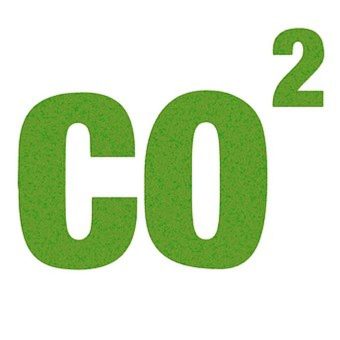
Walmart has this week officially kicked off a new plan to cut greenhouse gas emissions across its global supply chain by one gigaton by 2030.
Dubbed Project Gigaton, the new initiative was unveiled at the retail giant’s annual Milestone Summit yesterday, alongside the launch of an emissions reduction toolkit that will be made available to suppliers.
The toolkit has been developed in partnership with a number of leading green NGOs, including WWF and the Environmental Defense Fund, and will provide suppliers with guidance on how to develop the business case for emissions reduction targets and then undertake the projects that will help ensure such targets are met.
The initiative will focus on cutting emissions from energy, agriculture, waste, packaging, deforestation, and product use and design, with suppliers signing up to the scheme encouraged to target one or more areas.
The company said that if it meets its gigaton goal it will cut greenhouse gas emissions equivalent to taking more than 211 million passenger vehicles off US roads for a year.
“We are proud of the improvements we’ve made in reducing our own emissions, but we aim to do more,” said Kathleen McLaughlin, senior vice president and chief sustainability officer for Walmart, in a statement. “That’s why we’re working with our suppliers and others on Project Gigaton.”
The company said the new initiative will support its recently approved science-based targets, which commit the retail giant to cutting operational emissions by 18 per cent by 2025 while also working to cut its Scope 3 supply chain emissions by a gigaton between 2015 and 2030.
Carter Roberts, president and CEO of WWF said the focus on supply chains was the “new frontier of sustainability”.
“The journey products take from source to shelf will collectively shape our planet’s future,” he said. “Project Gigaton is a testament to the transformative impact that leaders of industry can have on our greatest common challenges. As more companies follow in the footsteps of Walmart and their suppliers, we can achieve the critical mass needed to address climate change. Today’s commitment represents an important step toward a safer and more prosperous future.”
Laura Phillips, senior vice president for sustainability at Walmart, said the initiative would help businesses cut costs and improve their performance.
“Through the years, we’ve seen that integrating sustainable practices into our operations improves business performance, spurs technological innovation, inspires brand loyalty, and boosts employee engagement,” she said. “Our suppliers recognise the opportunity to realize those same benefits in their businesses. By working together on such an ambitious goal, we can accelerate progress within our respective companies and deep in our shared supply chains.”
The announcement came in the same week as rival US retail giant Target announced a set of five new sustainable packaging goals designed to curb waste levels, encourage recycling, and reduce supply chains impacts.
Specifically the firm said it would work to eliminate polystyrene from its own brand packaging and source all own brand paper-based packaging from sustainably managed forests by 2022.
It also said it would add How2Recycle labels to all own brand packaging by 2020, support the US Recycling Partnership’s campaign to bring more kerb-side recycling to communities across the country, and help create more demand for recycled packaging.
“As a leader in design, we can use our expertise to create more sustainable packaging options for our guests and help deliver products that are both better-for-you and better for the environment,” said Jennifer Silberman, chief sustainability officer at Target, in a statement. “With the power of Target’s team and our scale as one of the country’s largest retailers, we hope to be a catalyst for change across the industry – aiming for the day when all packaging will be recyclable, and leading the way to a packaging-waste-free world.”
Source: businessgreen.com

